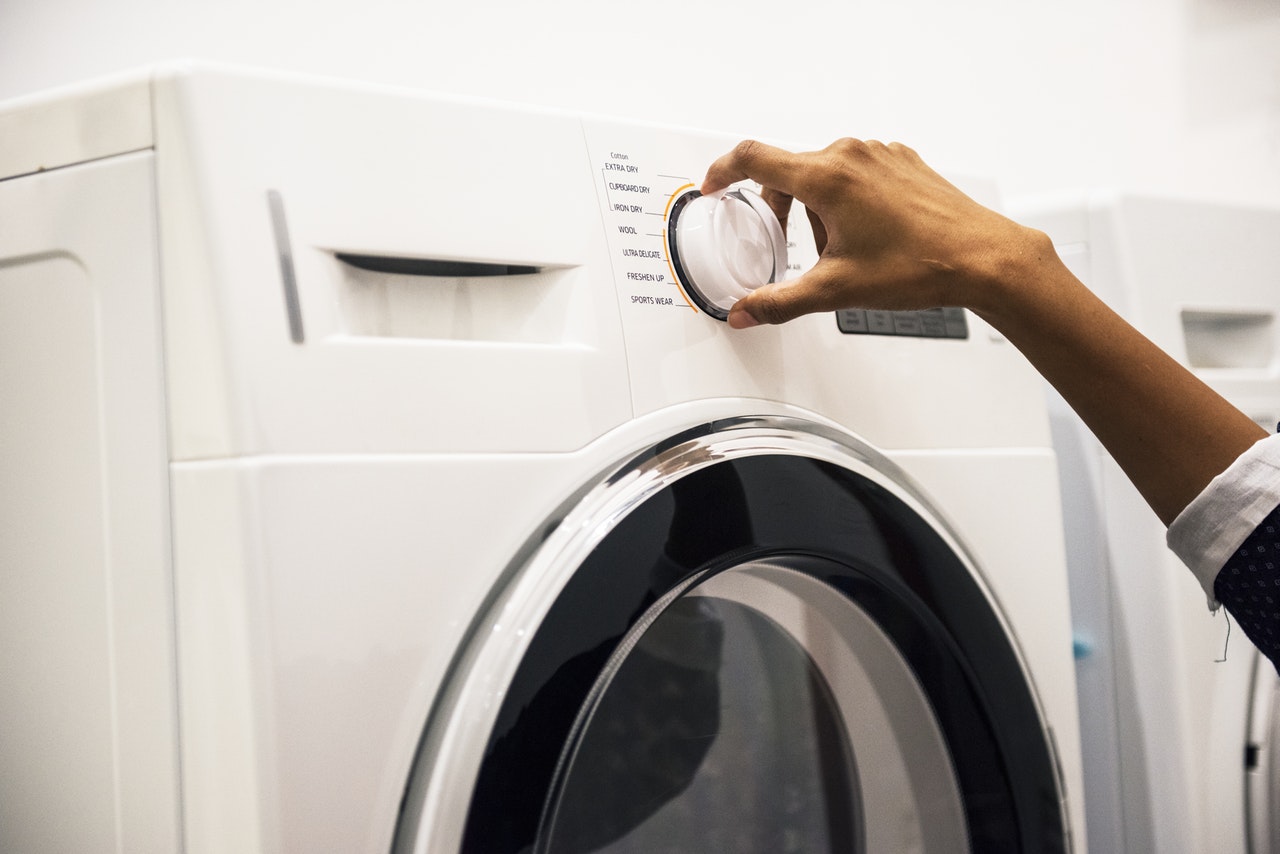
Hey, slob. You might be a perfectionist.
Break free from paralyzing perfectionism. Start with small, consistent steps to overcome all-or-nothing habits and see real progress.
It’s paralyzing.
Perfectionism.
I used to think I was not a perfectionist, because nothing I did was perfect. I was a slob, so how could I be a perfectionist?
Then one time I was visiting with my mom, who mentioned that my youngest sister was a perfectionist – like I was.
I was bewildered by this casual accusation. Me? A perfectionist? Isn’t that reserved for people who can draw true circles and sew in straight lines and insist on doing so?
“She,” my mom continued about my sister, “won’t hang up her clothes at all unless she has time and inclination to sort them by type and color while she’s at it.”
Um. Oh. Is that weird? Is that perfectionism? If so, then I’m guilty as charged because that’s exactly how I operate – hence the slob tendencies. I can’t do it perfectly, so I don’t do it at all.
Those who want all or nothing generally get nothing.
If all-or-nothing perfectionism is our tendency, then we shouldn’t be surprised when we can’t get up off the couch. Why start when we know we won’t accomplish what we’d like?
Such perfectionism is debilitating, and it’s that debilitation that causes us to end up in chaos and discouragement that we can’t pull up out of.
So how do we, then, pull up out of it? How can we pull up out of ourselves?
The answer is simple, straight-forward, but oh-so-hard:

Recover from perfectionism by practicing baby steps.
Perfectionism is the mother of boom and bust cycles: a spurt of energy and enthusiasm propels us forward, but goals give way to reality and, because we didn’t meet the unrealistic goals, we sputter to a halt and give up.
Baby steps are not glamorous, they don’t seem significant, but they lead to real, noticeable, tangible progress when we are content to stick with them.

When we feel resistance to doing what needs to be done, instead of either trying to grit our teeth and power through, we can make it simpler to start by reducing what we’re expecting from ourselves.
Perfectionism is false expectation. We envision the end we want, and if we know it won’t happen, we don’t begin. The best way out is to change what we envision, to take a humbler view of ourselves and our efforts, and submit to imperfect yet faithful next steps.
Rather than set our goal as “cleaning the kitchen,” choose one section and make your goal “clear and wipe down the counter.” The feeling of success that comes from following through on the goal and accomplishing it might just spur you on to continue to another zone, but even if it doesn’t, you have more visible progress than if you simply stared, discouraged, at the big mess.
Rather than leave the clothes draped over a chair or in a heap on the floor because you (because I) want to completely reorganize my wardrobe, I need to take the simple, humble action of just putting the shirt back on the empty hanger, even if there is no system in place.
We imagine that once we get our act together and completely organize and systematize our routines or our home, then it will all be easy.
But that’s a lie; it’s a procrastinating lie.
When you have your system in place, it will take persistence and effort to keep it up for a long time. Someday, perhaps it will become easier because it will become habit. But it will not be soon. The ease of habit comes only after the effort of practice, of small steps taken consistently.
And you can start those small steps without an entire system in place.
In fact, if you do, it will be much easier to build that system you’re hoping for. Or, you might just find that you don’t need a complete reorg after all. You (I) just need a reorganization of our attitude and our expectations.
Need help getting started with baby steps?
Join us for the free upcoming Progress via Baby Steps workshop!



